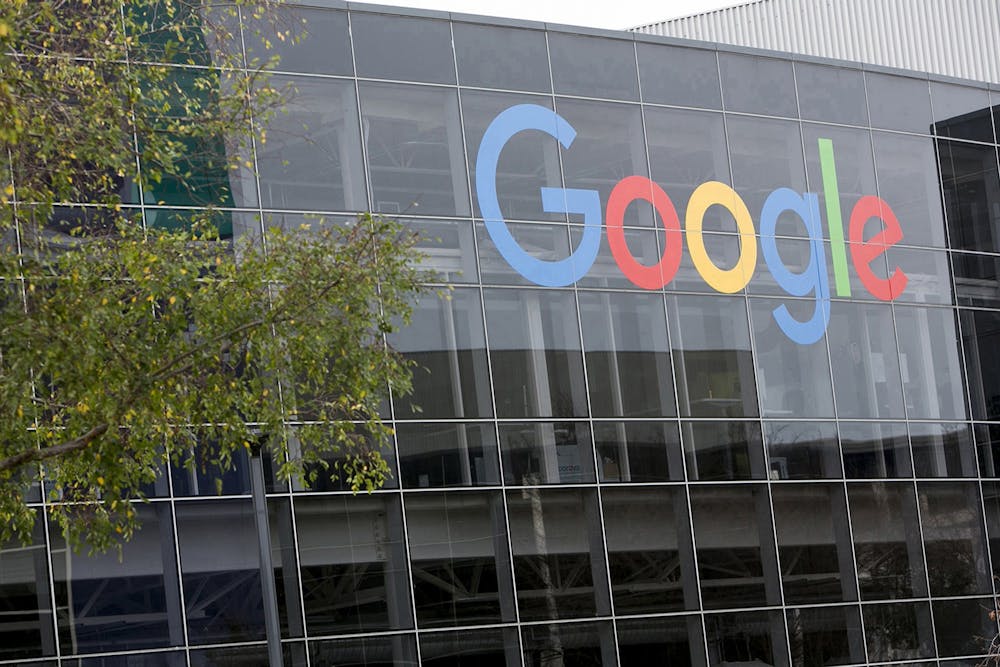Companies have been known to release advertisements during Black History Month that reflect on the experiences of black people in America. Many companies praise diversity outwardly but do not seem to value it as much internally.
Black History Month serves as a way to remind us about the important history of people in the African Diaspora. It is a time when the triumphs of black people can be celebrated, and their tribulations can be reflected upon.
Google released a Black History Month advertisement Jan. 25 that has more than 25 million views on YouTube as of Tuesday. The ad celebrates “#MostSearched” moments and individuals in America from January 2004 to July 2009. Categories include the most searched performance (Beyoncé), most searched female poet (Maya Angelou) and most searched athlete (Lebron James). Each person is black in these #MostSearched categories.
The ad is powerful. I had chills up and down my body as I watched video complied of black icons dancing, playing tennis and simply existing in spaces not made for them. Scrolling through Twitter, I saw the ad everywhere. Just about every other Instagram story was a post of this thought-provoking advertisement.
However, there is something backward and unsettling about a corporation highlighting success in diversity but not focusing on diversity themselves. According to Google’s 2019 diversity annual report, only 4.8% of Google's hires were black. This is compared to 43.9% Asian and 48.5% white.
The report showed black women were 2.2% of all Google hires, and black leadership was at 3.6%.
Google's ad highlighted the groundbreaking things black people, including black women, have done in this world. That should serve as a reminder that black people could do great things for the company, if given the opportunity.
Google is not the only major company to release diversity-based advertisements but lack a diverse workforce.
Adidas released an advertisement in 2016 that included a diverse and inclusive atmosphere titled “Your Future is not Mine.” It depicts people of different races and ethnicities marching into a room and coming together.
A 2019 report from the New York Times found 4.5% of employees at Adidas' Portland campus were black, compared to nearly 78% being white. Employees of color at the headquarters told the Times they have experienced discrimination and seen white leadership struggle.
If only people of color were not simply cast to march in a commercial and make profits for a company but march into leadership roles and reap the profits themselves. What if black people could march into an environment where they feel seen, heard and cared about?
While it is important that companies bring diversity and inclusion to light, displaying diversity at such a surface level and not digging into company values is harmful. Creating an advertisement that highlighs diversity can give a company a certain look of being politically and socially aware.
But that look is deceiving.
It is deceiving in the sense of making a company look like they genuinely care about people. Maybe they do, but workforce numbers do not highlight that.
Jaclyn Ferguson (she/her) is a junior studying journalism and African American studies. She is the secretary of the National Association of Black Journalists at IU.






